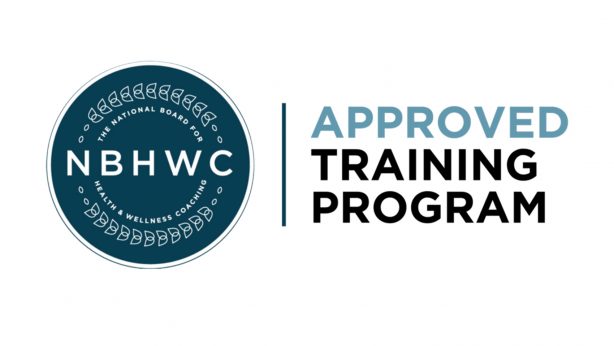
Every day, we feel more and more that health coaching will play a vital part in the future of medicine and the reinvention of healthcare—and we are not alone. Health coaching is playing an important part in the future of medicine and healthcare. The health coaching industry is currently worth $7 billion.
Nonetheless, it’s a relatively new industry, and I’m frequently asked about the prospects for a health coach.
-
- Full-Time Employment:
Health coaches are employed in a variety of settings:
-
-
- Health and wellness companies, including health coaching companies
- Private & Institutional Clinics
- Wellness Programs in larger organizations
-
They work for colleges that teach health coaching or universities that provide health coaching programmes. Corporations are increasingly using them. There are several full-time opportunities available. At the same time, it’s critical to recognise that if you graduate from any health coach programme, whether it’s the Weljii Health & Wellness Coach Training Program or another, the job market for health coaches is still expanding. As a result, many instructors wind up working in another field: private practice.
-
- Private Practice:
Many trainers are drawn to the concept of working for themselves, setting their own hours, and catering to a specific type of clientele. This path is ideal for someone with an entrepreneurial spirit or previous business management experience. It’s an admirable goal for any health coach. Establishing a successful business may be a difficult and at times humiliating task. But, as with other accomplishments in your life, your hard effort pays off.
Many health coaches pursue a career path that incorporates some combination of private practice and employment or collaboration with a clinic while building up to complete private practice.

-
- Partnering with Clinics & Practitioners:
Health coaches and clinicians collaborate in several ways (and with different clinicians, it works differently). In some circumstances, the health coach does the initial patient intake. The patient gets to know the health coach, and the health coach gets to know the patient. The clinical workup and lab tests would be handled by the clinician, who may or may not be present.
The health coach would then conduct follow-ups, assist in the implementation of the treatment plan, and assist the client with the nutrition, lifestyle, and behaviour changes advised by the clinician. In addition, the health coach has access to all of the patient’s information, ensuring consistency of care.
The clinicians and the health coach would also communicate on a regular basis.
In other circumstances, the physician takes the intake and then, after establishing a treatment plan that includes lifestyle and nutrition changes, refers the client to the health coach, who will work with them on a regular basis to execute the changes over time.

Health Coaching Career: Where to Start?
As you ponder your next professional move, you may find it difficult to see your future as a health coach, but you definitely have an idea of how you want it to feel.
As you begin to take the first brave steps towards a new chapter, it is beneficial—and a basic element of health coaching—to reflect on your skills and values and consider how they may propel your future.
Ask yourself:
How might my inherent ability to communicate and listen to benefit others?
What new abilities and knowledge do I require to feel confident?
The secret to success is practice. We improve by taking regular action. Which health coach certification programme will help me polish my skills and gain confidence?
We are only as successful as the people we associate with. Whom do I want to be associated with? How can my participation in the training programme of my choice help me thrive?
How do my responses influence my following steps?


